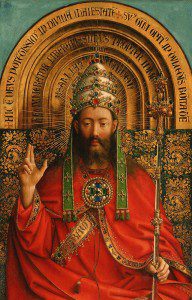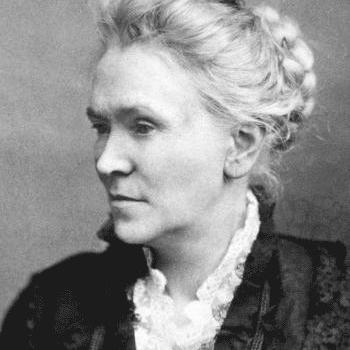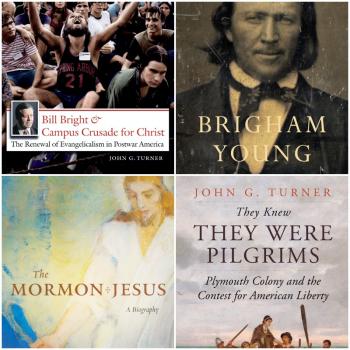Hail happy land! hail happy state!
Whose freeborn sons in safety meet…
Come let us kneel before his face
Devoutly supplicate his grace.
I have sought to warn my daughter that royalty is not all it’s cracked up to be. Once Evelyn began dressing up one of her stuffed animals as a king (the “King of Starbucks,” as he used a Starbucks coffee holder for his crown), I took it upon myself to have said stuffed animal act like a king. He demanded that the stuff-animal peasants bring him food (threatening then with the dungeon or the loss of their heads for disobedience), clean the royal toilets constantly, etc. Since Evelyn hasn’t become overly fixated on princesses, I have only needed to make the occasional comment about their stereotypical sloth and wastefulness.
I’m not certain that anti-monarchism is an essential parenting duty in today’s world. Nor am I terribly consistent in my republicanism, sometimes sympathizing with the aristocracy in episodes of Downton Abbey. However, it was all good fun until recently. For starters, I often sing hymns for Evelyn at bedtime, and she always wants to know the meanings of the words. (Perhaps I should switch to contemporary bedtime worship?). Why, she might ask, is Jesus “Lord” and “King?” Fortunately, she hasn’t quite put a finger on any possible contradiction between my disdain for human kings and exaltation of Christ the King.
 I hadn’t given much thought to this possible contradiction until reading Amanda Porterfield’s reinterpretation of religion and the American republic. Conceived in Doubt explores an evangelical counteroffensive against doubt during the decades following the American Revolution. Rather than simply an outpouring of popular religiosity, the rise of evangelicalism also reflected the successful efforts of Protestant ministers and their allies to link Thomas Paine-style skepticism with immorality and political disaster. Further thoughts on Porterfield’s provocative and engaging book another time.
I hadn’t given much thought to this possible contradiction until reading Amanda Porterfield’s reinterpretation of religion and the American republic. Conceived in Doubt explores an evangelical counteroffensive against doubt during the decades following the American Revolution. Rather than simply an outpouring of popular religiosity, the rise of evangelicalism also reflected the successful efforts of Protestant ministers and their allies to link Thomas Paine-style skepticism with immorality and political disaster. Further thoughts on Porterfield’s provocative and engaging book another time.
In light of my adventures in anti-monarchical parenting, I appreciated Porterfield’s attention to ministers who supported political republicanism (lower case “r”) but demanded submission to a divine king and often demanded submission to themselves as His ambassadors. The hymn quoted at the outset of this post, sung at a Hartford, Connecticut, religious service on election day 1807, drives that point home rather well.
While many Americans in the early Republic were suspicious of elements of aristocracy and monarchy within religious movements (note the breakaway Methodist movements who rejected episcopacy for that reason), few were bothered by what Porterfield terms “the emotional dynamics involved in celebrating liberty from one king and submission to another.”
Monarchical language for God is probably more controversial within some churches today than it was in the early American republic. Some dislike it because it includes masculine terms for God, some dislike it because of the vertical relationship between God and humanity implicit in such language, and some simply find it anachronistic.

Ultimately, it shouldn’t be too difficult to teach Evelyn that Jesus was a very different sort of king. In any event, I reminded myself this evening that 1 Samuel backs up my warning about human kings. Biblical parenting at its best.












